Trump has been the most rhetorically bellicose commanders in chief in modern American history since he took office 15 month ago, but at the same time he has been very cautious when it comes to using force.
The last couple of weeks could be seen as a major turning point in his presidency. In selecting John Bolton as his new national security adviser and Mike Pompeo as his secretary of state, Trump two the most hawkish Republicans in Washington.
To shed more light on the issue we reached out to Dr. Bilgehan Alagoz, Lecturer at Marmara University Institute for Middle East Studies, Istanbul.
Following is the full text of the interview with her:
Recently there have been some changes to Trump administration. During last 15 month since Trump came to power Bolton is his third national security advisor. What are the main reasons behind so many unusual changes?
During President Obama's administration, the U.S. has implemented an inefficient foreign policy. Russia annexed Crimea and gained power in Black Sea. In addition, due to U.S. failure in Syria, Russia’s growing presence in the Mediterranean became inevitable. Therefore, Trump became president on the legacy of Obama’s failures. At this point it would be right to focus on Trump’s foreign policy vision. According to him, China’s increasing power is one of the emergent threats against U.S. global interests. Secondly, the ISIS threat in Syria must be eliminated. Thirdly Iran’s growing influence in the Middle East must be framed. Thus U.S. needs to cooperate with Russia especially in containing China’s growing power. However, there has been a great prejudice against Donald Trump both in mainstream media and the establishment, which is a prominent obstacle for Trump to fulfill his promised policies. In this context, it seems as one of the reasons for the changes in his team.
John Bolton is known as a person who is very critical against Iran and Russia. Thus, his appointment as a national security advisor can be implemented as a reflection of harsher U.S. policy towards Russia and Iran. Although President Trump has a desire to cooperate with Russia in terms of balancing China, the recent appointment indicate that the tension between United Stated and Russia will continue.
Will these changes affect the U.S. foreign policy in Middle East?
It is a necessity rather than a preference for United States to change its foreign policy in the Middle East. Russia as a global actor and Iran as a regional actor is an emerging power in the Middle East which is contrary to U.S. interests. Therefore, the recent changes is Trump national security team will result in shifts in foreign policy toward the Middle East.
Will these changes help Turkey and U.S. to mend relation?
As a result of Obama's Syria policy, Turkey-U.S. relations have become problematic and the Trump administration has not been able to overcome these problems yet. Turkey is struggling against PKK (Marxist–Leninist terrorist group) for decades. It is ironic that PKK is on the U.S. terrorist organizations list, but the United States is arming YPG, which is the branch of the PKK in Syria. Operation Olive Branch has showed that Turkey is determined to fight against PKK. Thus, in order to open a new chapter in U.S.-Turkish relations, United States should stop supporting PKK and its branches in Syria. The recent changes in Trump team can be an opportunity to reevaluate bilateral relations.
By offering new missile systems to Turkey, it seems the U.S. is trying to avoid more Turkey closeness to Russia and Iran. At the same time the U.S. is increasing pressure on Iran and Russia under different pretexts. Will new changes in Trump administration affect Turkey and Russia economic and regional cooperation?
Turkish, Russian, Iranian Initiative for Syria is in a delicate balance. It is very important for these three countries to come together for a solution even though their plans for Syria do not overlap. United States is not pleased by Turkey's deepening relations with Iran and Russia. However, as long as the United States does not change its current Syria policy, it is impossible for Turkey to have any position together with United States.
Will U.S. pressure on Iran affect Tehran and Ankara good regional and economic cooperation?
Trump is in favor of a tough policy against Iran. He is critical about the JCPOA. Since the JCPOA is an agreement with the initiative of the United Nations, it is necessary for the United States to convince the parties to the deal. On the other hand, it is clear that the United States will continue to implement its own congressional sanctions against Iran. At this point Turkish banks are at risk. As the Hakan Atilla case revealed, the U.S. has a tough stance on this issue. In this context, it will be a difficult period in terms of economic relations between Turkey and Iran. However, the two countries have common national security concerns. Thus, the U.S. pressure would have a negative impact on the economic relations but would not affect bilateral relations in the area of security.
Interview by Payman Yazdani


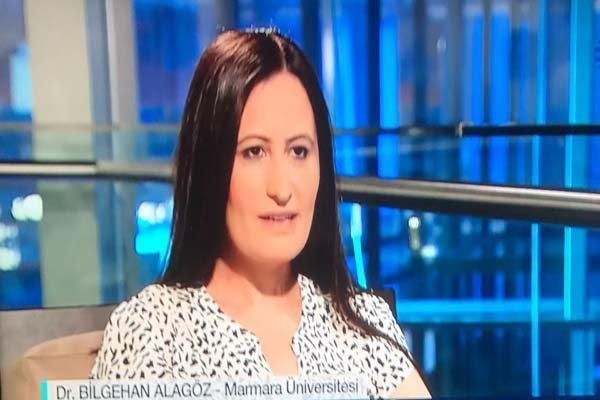

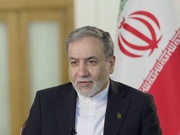
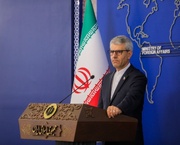

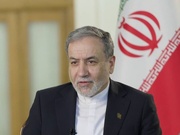
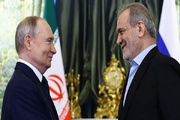


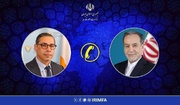
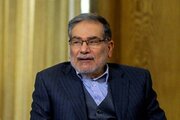
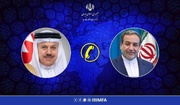





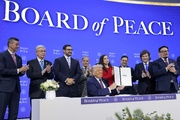

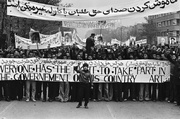
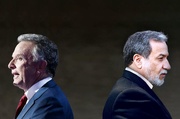
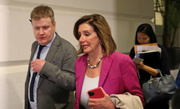
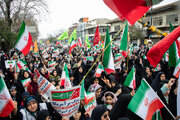
Your Comment